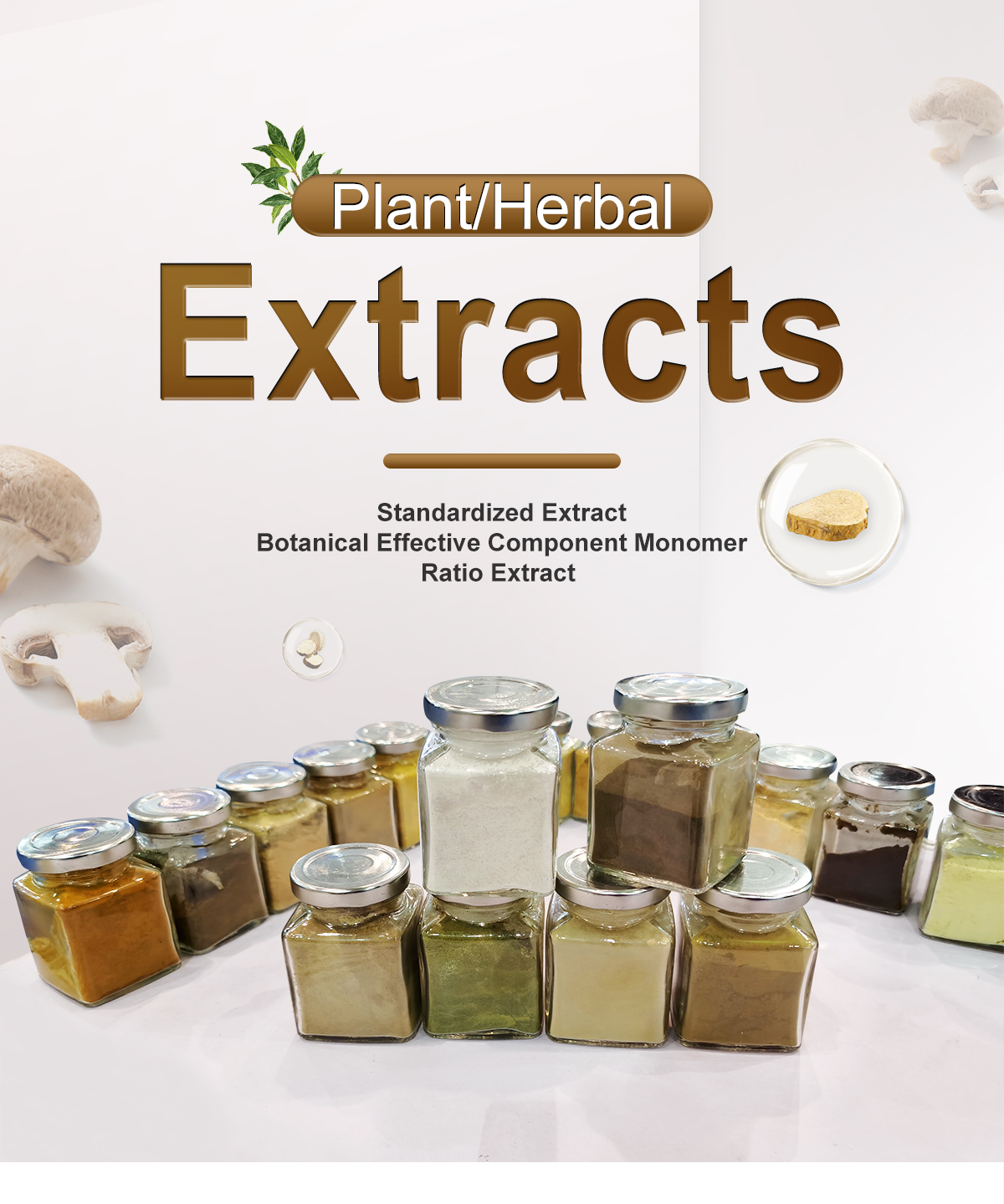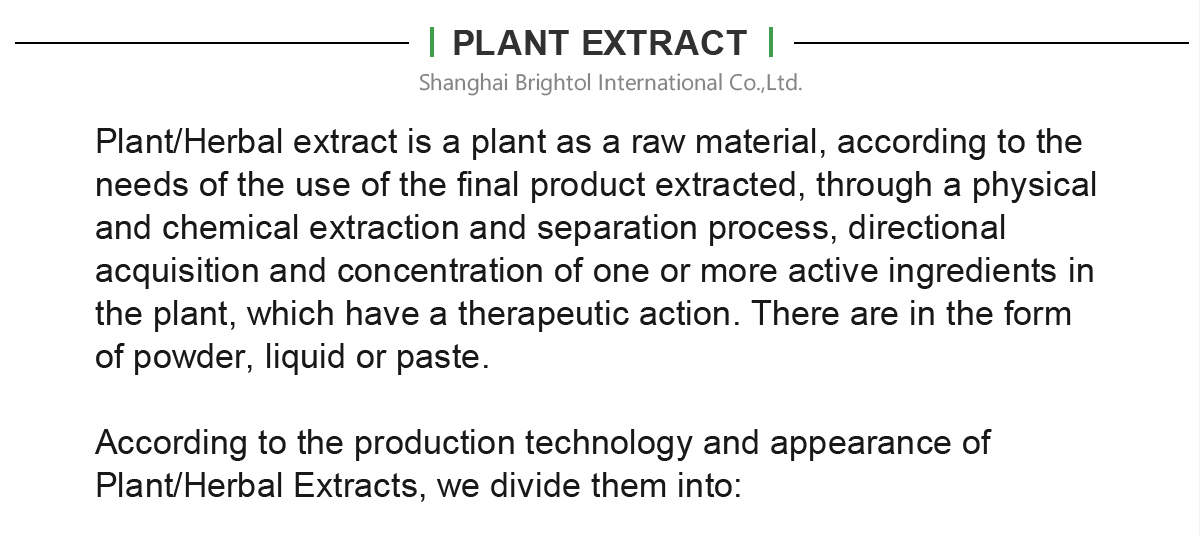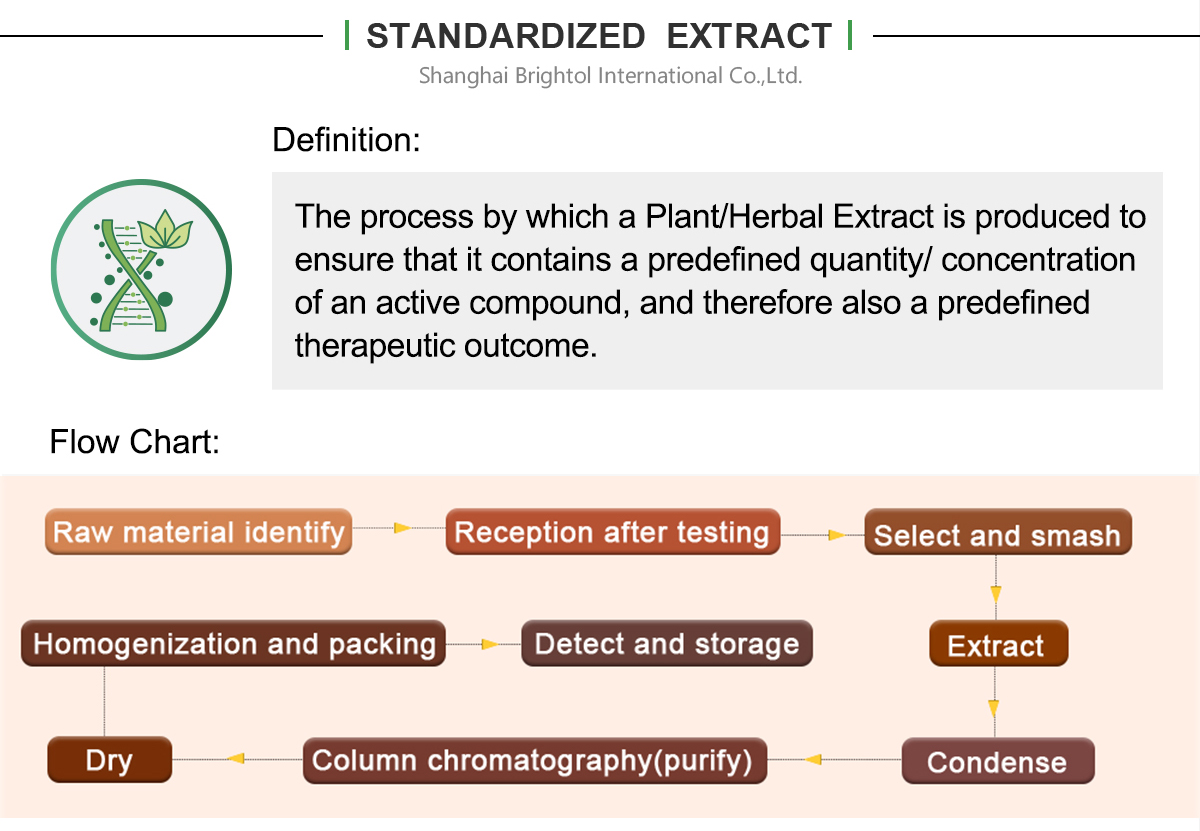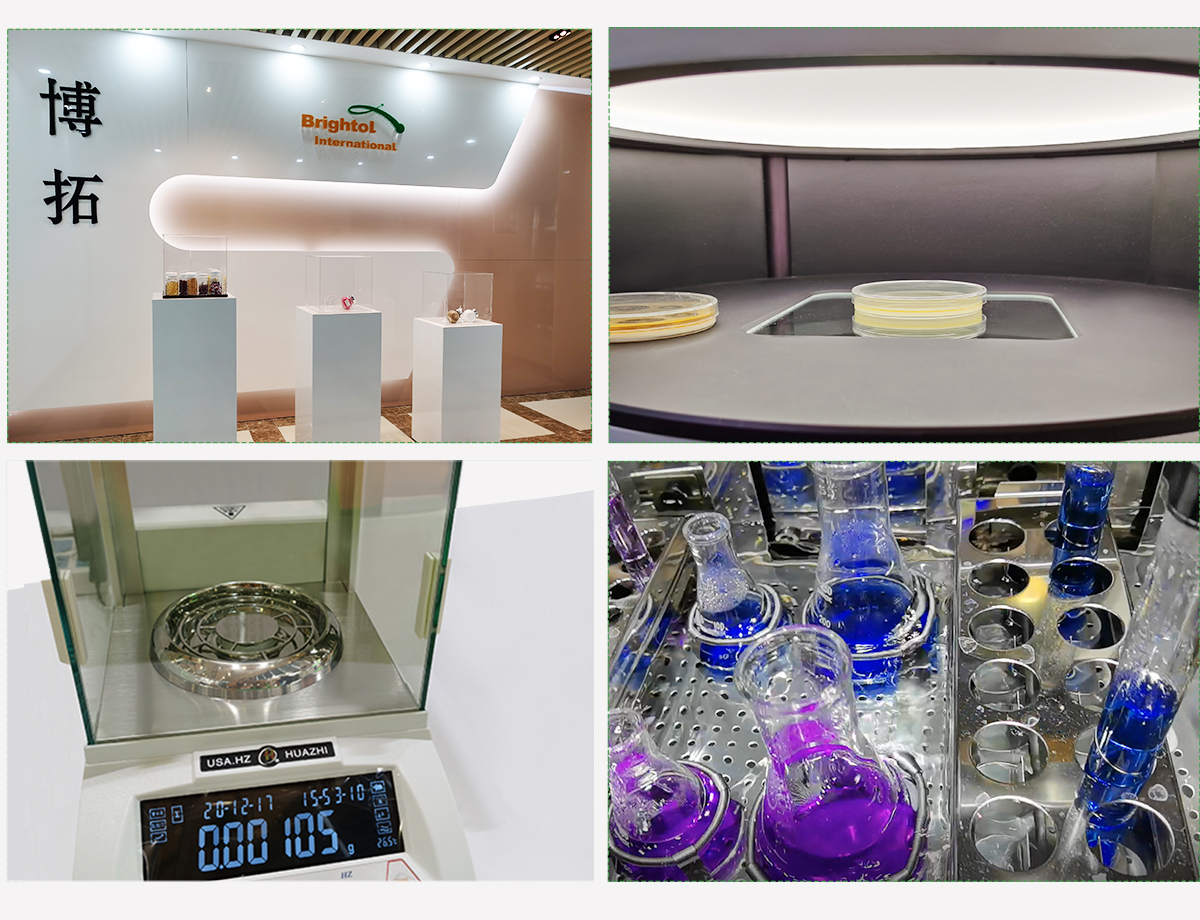

Bilberry Extract
Latin Name: Vaccinium Myrtillus L.
Spec: 1%, 5%, 10%, 15%, 25% Anthocyanidins UV,
5% Pterostilbene HPLC, 4:1, 5:1, 12:1, 25:1
Description
Bilberry is the European cousin of the blueberry. In America, it goes by the name huckleberry. For generations, bilberry benefits have been touted as being effective for treating wide arrays of medical maladies. The tiny purple berry was even reportedly responsible for helping improve the vision of British pilots during World War II, thus enabling them to fire with spot-on accuracy.
But, while that story may have been somewhat embellished, modern science confirms that bilberries do present a range of health benefits to the human body, including improving one's vision.


Bilberry Extract
Latin Name: Vaccinium Myrtillus L.
Spec: 1%, 5%, 10%, 15%, 25% Anthocyanidins UV,
5% Pterostilbene HPLC, 4:1, 5:1, 12:1, 25:1
Description
Bilberry is the European cousin of the blueberry. In America, it goes by the name huckleberry. For generations, bilberry benefits have been touted as being effective for treating wide arrays of medical maladies. The tiny purple berry was even reportedly responsible for helping improve the vision of British pilots during World War II, thus enabling them to fire with spot-on accuracy.
But, while that story may have been somewhat embellished, modern science confirms that bilberries do present a range of health benefits to the human body, including improving one's vision.
Application
Bilberry is used for improving eyesight, including night vision. In fact, during World War II, British pilots in the Royal Air Force ate bilberry jam to improve their night vision, but later research showed it probably didn’t help. Bilberry is also used for treating eye conditions such as cataracts and disorders of the retina. There is some evidence that bilberry may help retinal disorders.
Some people use bilberry for conditions of the heart and blood vessels including hardening of the arteries (atherosclerosis), varicose veins, decreased blood flow in the veins, and chest pain.
Bilberry is also used for chronic fatigue syndrome (CFS), hemorrhoids, diabetes, osteoarthritis, gout, skin infections, gastrointestinal (GI) disorders, kidney disease, and urinary tract infections (UTIs).











